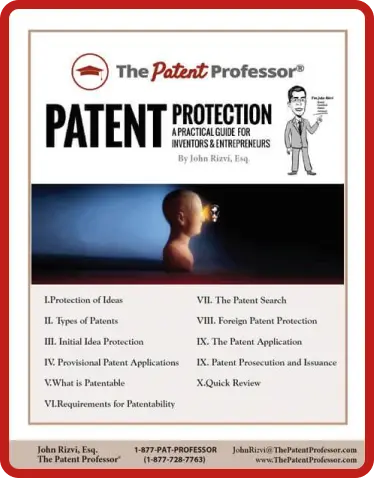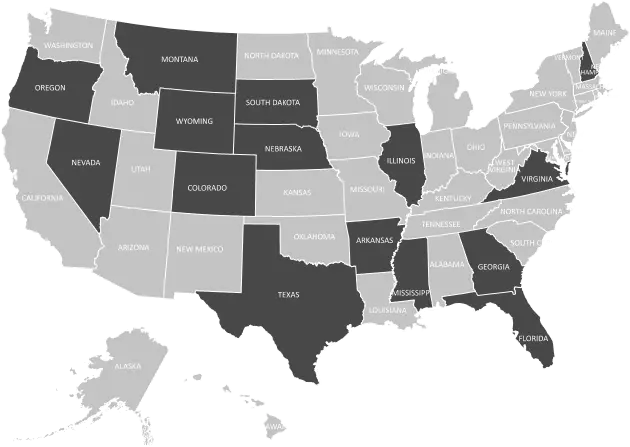Request a detailed trademark information packet outlining the steps involved in obtaining trademark protection for a new company or product name or brand identity, an estimate of the associated legal fees and costs involved, and a statement of our qualifications and experience in trademark matters.
Inexperienced entrepreneurs often overlook the importance of properly securing rights to their business and product names until it is too late. Sometimes this is due to the overwhelming demands on an entrepreneur’s time during the frenzied pace of the start-up phase of their businesses. Unfortunately, mistakes at these early stages of choosing and protecting names can end up being very costly.
Fast Free Trademark Application
Trademark law provides the exclusive right to use a mark that serves to distinguish the goods of one person from another. A trademark typically includes a word, phrase, logo, design or even a combination of these. It is used to identify the source of a particular product. A service mark is similar to a trademark except that it is used to identify the source of services. Consumers identify trademarks with a particular quality of goods or services. Trademarks are valuable assets of a business and continuously increase in value as the products or services they represent gain brand recognition and consumer loyalty.
Before launching a new business, product, service, or patented invention in the marketplace, it is important to undertake a comprehensive trademark search and obtain a clearance for your mark. It is not uncommon for a company to invest a considerable sum of time and money promoting a new product or business only to have their marketing efforts made useless because their mark was already in use by another company.
Trademark law protects both trademark owners and consumers. It protects trademark owners by preventing competitors from using a trademark to which they have no rights and to which they are owed no good will. Consumer goodwill is earned by a business over a period of time and trademark law recognizes that it is unfair for a competitor to take advantage of this goodwill without permission. Trademark law is also concerned with protecting the source and quality expectations of consumers. By preventing anyone other than the trademark owner from using the mark as a source identifier, the law protects consumers from deception. Not only can a trademark owner prevent someone from using its exact mark, but marks that are “confusingly similar” to a trademark can also be enjoined.
Unlike rights in a patent or a copyright, a company’s rights in a trademark can last indefinitely as long as the mark is still in use and the registration is renewed regularly.
Contrary to popular myth, a registered trade name is NOT a registered trademark. This is often an area of confusion among entrepreneurs. Registration of a trade name with the Secretary of State does not mean that the trade name is not infringing on another trademark. A trademark clearance search should be conducted to ensure that a trade name is not infringing the rights of others. To obtain nationwide trademark protection, the mark should also be registered with the U.S. Patent and Trademark Office in Washington.
The interaction between trademarks and domain names has created a minefield of potential dangers to businesses. Without proper trademark protection, a company’s reputation and goodwill can be “kidnapped” by cybersquatters. A cybersquatter is an individual or business that registers a domain name on the web with the intention of ransoming it for sale. A company with proper trademark protection is protected from cybersquatters. Obtaining a trademark on your company’s name or products helps provide quick and effective recourse to your marks in the event that someone tries to hold your company or product name hostage or unfairly benefit from the goodwill that you have generated. A trademark not only prevents others from using an exact duplicate of your registered mark, but also prevents the use of confusingly similar marks.
It is important to select a mark that can be registered as a Federal Trademark prior to introducing the business or product name into the marketplace. Businesses should be very careful in selecting a mark so that they retain the ability to obtain registration and prevent others from using their business, service, or product names.
A mark can be classified into one of four categories as being either generic, descriptive, suggestive, or arbitrary. It is important to look at these categories in more detail.
Trademark rights cannot exist in marks that are considered generic. A generic term is the common ordinary name of a good or service and can never be a trademark. Examples of generic terms include “corn flakes”, “automobile” and “basketball”.
Descriptive marks describe some aspect of the product or service with which the mark is used. Descriptive marks are usually not very good choices for your mark. Trademark protection is only extended to descriptive marks where they have attained a secondary meaning. Secondary meaning is attained when a mark has been used for so long or so exclusively that they do not convey simply their literal meaning in the public mind, but are instantly associated with one source.
Unlike descriptive marks, suggestive marks merely suggest or hint at some quality, aspect, or component of the goods or services with which they are used. A suggestive mark is stronger than a descriptive mark because it does not require the showing of a secondary meaning.
Fanciful or Arbitrary marks are the most distinctive of all marks and receive the strongest level of protection. Such marks are typically unknown before they become associated with a product. A well-known example of an arbitrary mark is the mark KODAK ® for photographic supplies.
A trademark search should be conducted on all state and federal registered trademarks as well as pending trademarks. Depending upon the results of the search, it may be advisable to seek federal registration for your mark. Federal registration provides constructive notice to all potential users of similar marks whether they are aware of your mark. Additionally, a federally registered mark enjoys the presumption that the owner of the mark is the registrant and that the owner is entitled to use of the mark nationwide.
Request a detailed trademark information packet outlining the steps involved in obtaining trademark protection for a new company or product name or brand identity, an estimate of the associated legal fees and costs involved, and a statement of our qualifications and experience in trademark matters.
At John Rizvi, P. A — The Idea Attorneys ®., we concentrate our practice on protecting ideas and identities and are knowledgeable and experienced in practicing before the United States Patent and Trademark Office. If you would like to speak with an attorney about your particular situation, please do not hesitate to call our office.
We respect your privacy. The information you provide will be used to answer your question or to schedule an appointment if requested.

Do you have an idea, product or service you'd like to protect? Don't let your idea get stolen!

Do you have an idea, product or
service you'd like to protect? Don't let
your idea get stolen!
At The Idea Attorneys®, we have dedicated our practice exclusively to securing and preserving the intellectual property rights of our clients, including patent, trademark, copyright, trade secret, unfair competition, and franchising matters.


Powered by Law Firm Marketing Pros

Powered by Law Firm Marketing Pros